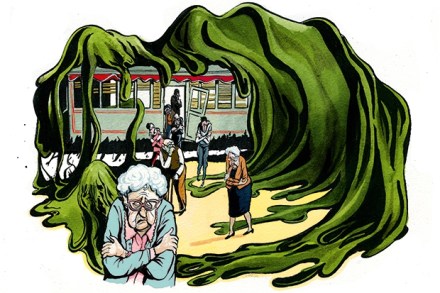Why ‘affirmative action’ doesn’t work
This week’s truism: all top-down attempts at leftie social engineering end up causing rather more misery and injustice than the misery and injustice they were designed to alleviate. This is chiefly because they come up against that most un-leftie of things, reality – but also because liberals are incapable of looking at actual outcomes and are able only to wring their hands in despair and wish for stuff. The world is not an ideal place and attempts to pretend they can make it so are always misbegotten. When you politicise a crime, all kinds of problems occur The most obvious example of this is in that most explicitly iniquitous of









